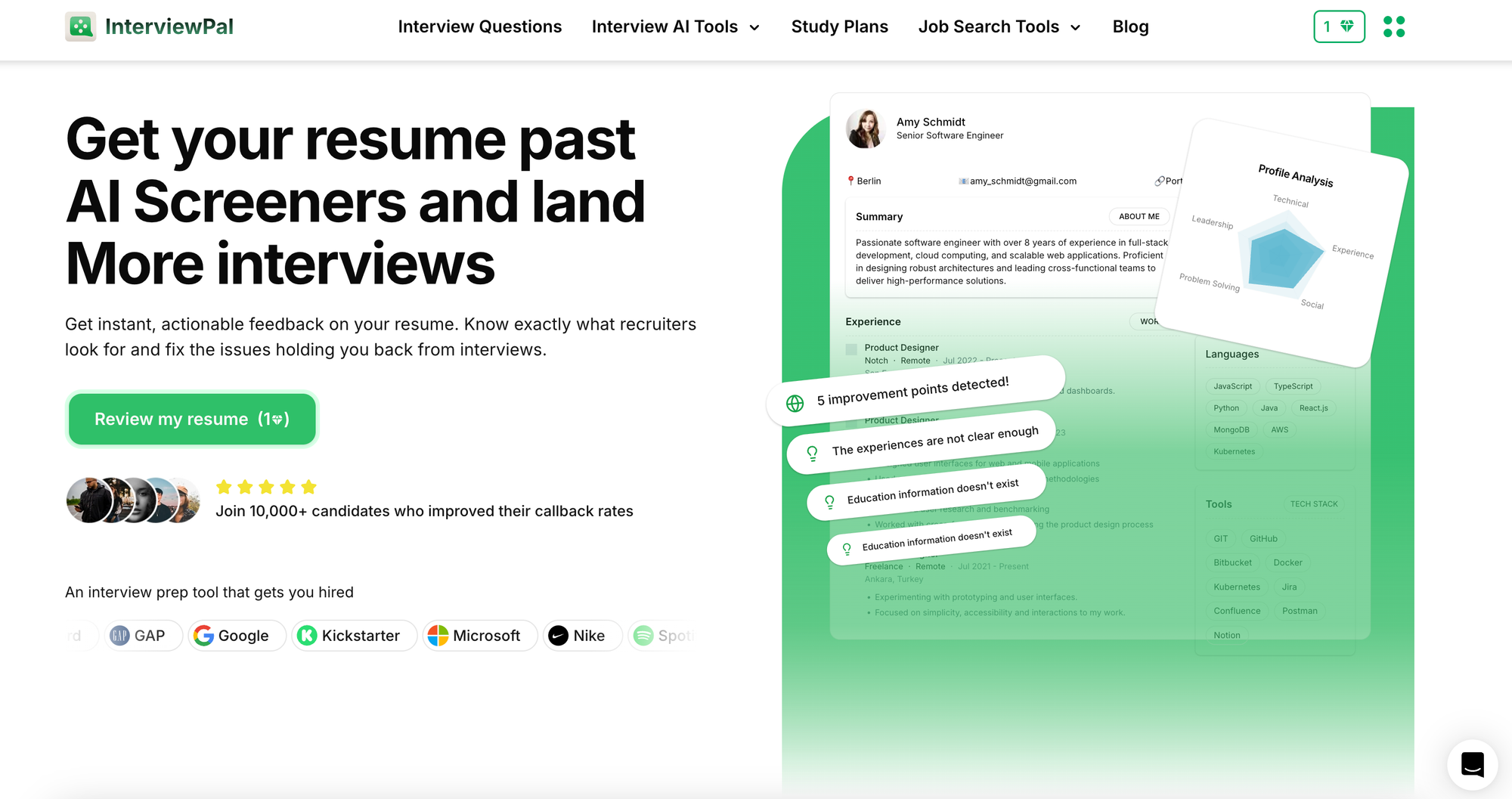Walk into any job board today and search for “entry-level” roles. You’ll find listings for “Product Analyst,” “Customer Success Manager,” or “Marketing Associate" titles that sound accessible to a recent graduate or early-career professional. But read the fine print and a different picture emerges. Many of these roles require prior experience, technical proficiency, and the ability to operate independently from day one.
This disconnect between job title and actual role has become a quiet feature of the modern hiring landscape. Companies are increasingly using vague or inflated language in job postings, whether to broaden applicant pools, appeal to ambitious candidates, or reflect internal hierarchies that no longer match traditional norms. The result is confusion and sometimes disillusionment - for applicants expecting mentorship and foundational learning, but finding themselves in high-responsibility roles with little support.
This article unpacks the structural reasons behind this shift, the kinds of job titles that deserve closer scrutiny, and how candidates can better protect themselves from mismatched expectations.
The Mirage of “Entry-Level”
A decade ago, “entry-level” meant just that: a starting point. The candidate pool was mostly recent graduates or people switching industries. Employers expected to train. Job descriptions emphasized learning, not output.
That framework is eroding.
In today’s hiring climate, many companies, especially fast-growing startups and understaffed departments - don’t have the time, structure, or budget for onboarding. They want employees who can “hit the ground running,” a phrase that appears in nearly half of all “entry-level” listings according to a recent LinkedIn data analysis.
At the same time, the job title game has changed. Companies inflate titles to appeal to ambitious candidates. Some use ambiguous language to broaden the applicant pool. Others simply have no internal standard for what “entry-level” actually means. The result is a confusing landscape where job seekers must analyze listings like legal documents, searching for clues about real expectations.
Even more concerning: the shift disproportionately affects first-gen professionals, immigrants, and career switchers who may take job titles at face value. They enter the workforce assuming the title reflects the role’s demands, only to find themselves outmatched, unsupported, or quietly labeled underperformers.
To navigate this, candidates need sharper tools—not just better résumés, but a deeper understanding of what’s actually behind the job title.
5 Job Titles That Deserve a Closer Look
Let’s examine five common job titles that are often pitched as “entry-level” but in practice demand much more.
1. Product Analyst
On paper, this sounds like a junior data role. But in many organizations, Product Analysts are expected to handle complex SQL queries, draw actionable insights from product usage data, and support product managers with business recommendations.
In reality, the job often requires prior internship experience with data tools, strong communication skills, and sometimes even familiarity with A/B testing methodologies. Some listings go so far as to ask for “2+ years of experience in analytics.”
This is no spreadsheet job. It’s a hybrid analyst-strategist role dressed in junior clothing.
In reality, the job often requires prior internship experience with data tools, strong communication skills, and sometimes even familiarity with A/B testing methodologies. Some listings go so far as to ask for “2+ years of experience in analytics.” For example, opportunities like those found through data analyst entry often list “entry-level” data analyst roles that still demand proficiency in tools like Tableau or Python, despite being marketed to beginners.’
2. Customer Success Manager
Despite “manager” being in the title, many companies classify this as entry-level. That’s misleading.
The reality is that Customer Success Managers (CSMs) are typically responsible for onboarding new clients, preventing churn, managing renewals, and serving as the point of contact for accounts that might generate millions in revenue. They must understand the product deeply, communicate technical details with clarity, and often upsell without seeming pushy.
Candidates without strong interpersonal skills, business context, or cross-functional confidence may find themselves overwhelmed, especially when they realize “success” isn’t clearly defined or supported internally.
3. Operations Associate
This is a favorite title among startups. It sounds generic enough to be beginner-friendly. In practice, it’s code for “utility player.”
An Operations Associate might be managing logistics, reconciling invoices, coordinating vendor relationships, building internal dashboards, or jumping into customer support when needed. The role is often ill-defined and sprawling.
What’s more, success is measured by outputs that aren’t always quantifiable. That makes the learning curve steep and the KPIs fuzzy. Entry-level applicants may be expected to figure things out without precedent or training and do it at scale.
4. Content Marketing Associate
This role often comes with expectations that surpass the title. It’s not uncommon to find listings requiring SEO knowledge, CMS experience, design tools like Canva or Figma, email automation platforms, and sometimes even video editing.
In essence, this “associate” might be producing an entire content strategy without a team. Worse, they may be responsible for reporting ROI to stakeholders who have no patience for “I’m still learning.”
The work can be creatively rewarding, but the bar is high. And the learning is often self-directed.
5. Sales Development Representative (SDR)
While this is one of the few truly entry-level roles on paper, the psychological demands and burnout rate make it a different kind of beast.
SDRs are typically cold-calling strangers, writing personalized outreach, and managing rejection daily. In aggressive sales environments, they’re measured against quotas with little control over lead quality. The pressure is immense, the tools are limited, and success is often binary: did you convert or not?
Yes, it’s entry-level by definition. But it’s emotionally taxing, especially without robust coaching or team support.

Why Employers Are Doing This
It’s easy to assume this trend is manipulative. But the picture is more nuanced.
In conversations with hiring managers across tech, media, and professional services, a few patterns emerge:
- Title compression: Companies want to maintain leaner org charts. Giving someone a “manager” title can create pressure to increase pay or provide a direct report. Avoiding that title, even when the responsibilities match, gives them more flexibility.
- Ambiguity as leverage: Vague titles help attract a wider talent pool. A specific title like “Junior SQL Data Analyst” narrows the field. A broader one like “Product Analyst” gets more clicks, especially from overachievers.
- Expectation drift: Startups often evolve faster than their job architecture. A role that started simple may have morphed into something more complex, but the title never caught up.
Some companies are beginning to correct for this. They’re publishing clearer descriptions, revising onboarding timelines, and providing salary bands that reflect skill level. But those are exceptions, not the rule.
How Job Seekers Can Protect Themselves
So how can early-career applicants avoid falling into a title trap? Here are five strategies that experienced career coaches and recruiters recommend:
- Scan for signals: Job listings that require “2+ years of experience,” “ownership of KPIs,” or managing clients or vendors are not truly entry-level, regardless of title.
- Check tools and platforms: If a listing asks for Salesforce, HubSpot, Tableau, SQL, or any enterprise system, that implies a level of autonomy. Research whether those are typically taught on the job or expected upfront.
- Ask during interviews: It’s okay to say, “How does your company define ‘entry-level’?” or “What would the first 30 days of this role look like?”
- Request an org chart: Knowing who you’ll report to—and who reports to you—can clarify if your role is junior or not.
- Talk to current employees: Use LinkedIn to find people in the same role. Ask what their actual day-to-day looks like. Most will be candid.
It’s tempting to apply to every role with an “entry” label when you’re just starting out. But discernment now can save months of burnout or frustration later.
Fin
Job titles are no longer reliable indicators of scope, skill, or seniority. For better or worse, the burden of translation has shifted to candidates. Reading between the lines is now part of the job search itself.
But this trend also creates opportunity. Candidates who learn to decode titles and assess roles accurately can spot high-leverage positions others overlook. They can negotiate more confidently, prepare more strategically, and step into roles that accelerate, not stall their careers.
Being entry-level shouldn’t mean being naïve. It should mean being ready to learn. But that learning starts before day one, at the very first job listing.



